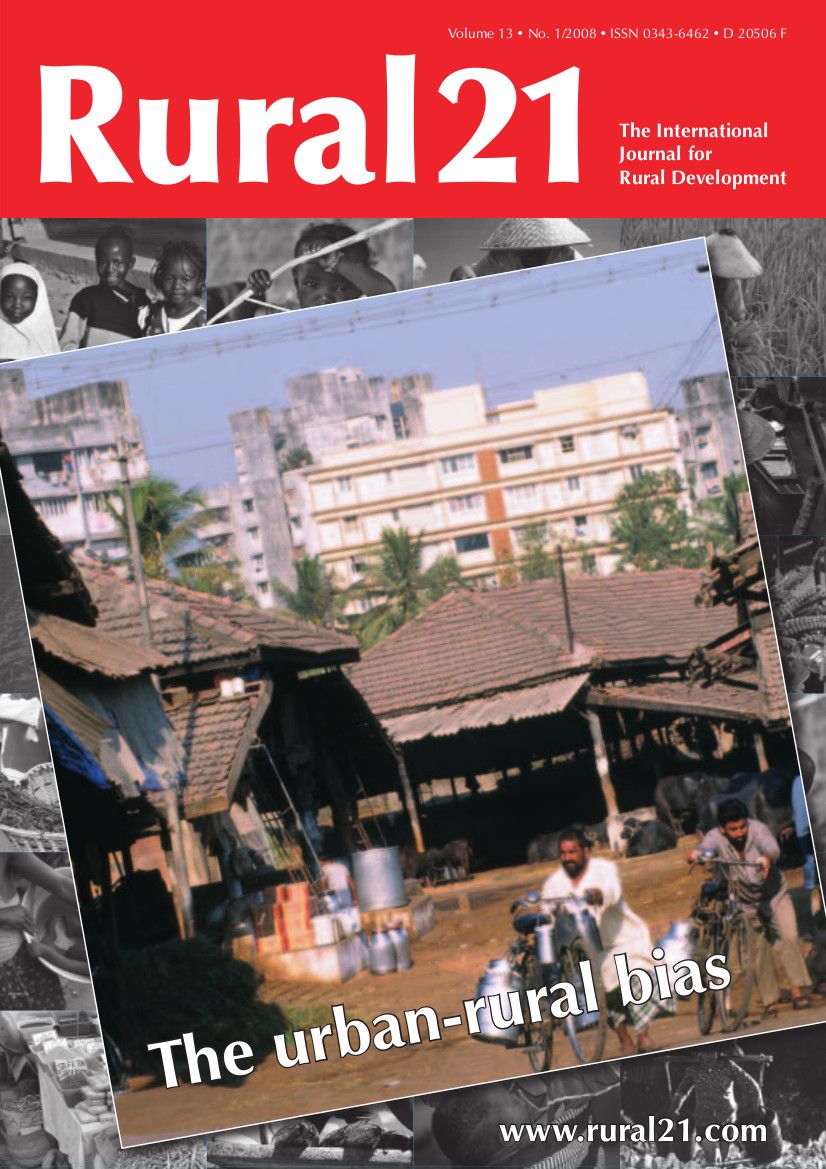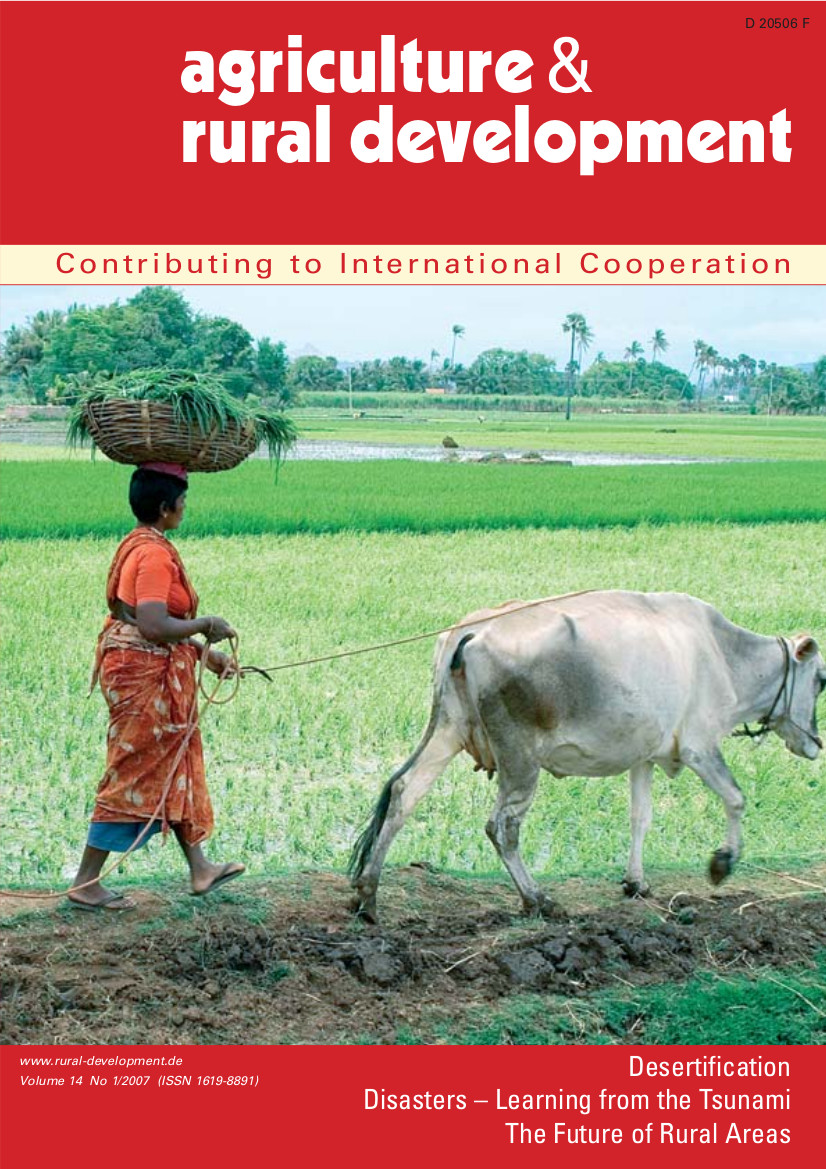Population dynamics and rural development in Burkina Faso
Labour migration, primarily to Côte d’Ivoire, masked the high rate of natural population growth in Burkina Faso for many years. However, since a political crisis began in this neighbouring country in late 1999, many Burkinabe have returned home. This posed major challenges, especially for rural areas. In the south of the country, shrewd population policy and appropriate rural development programmes have been e? ective in meeting these challenges.






